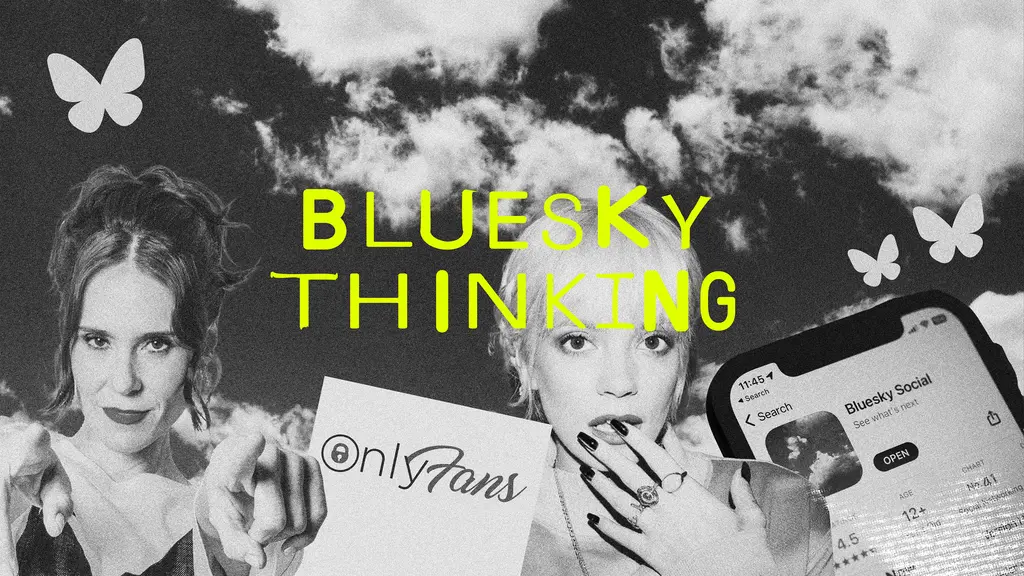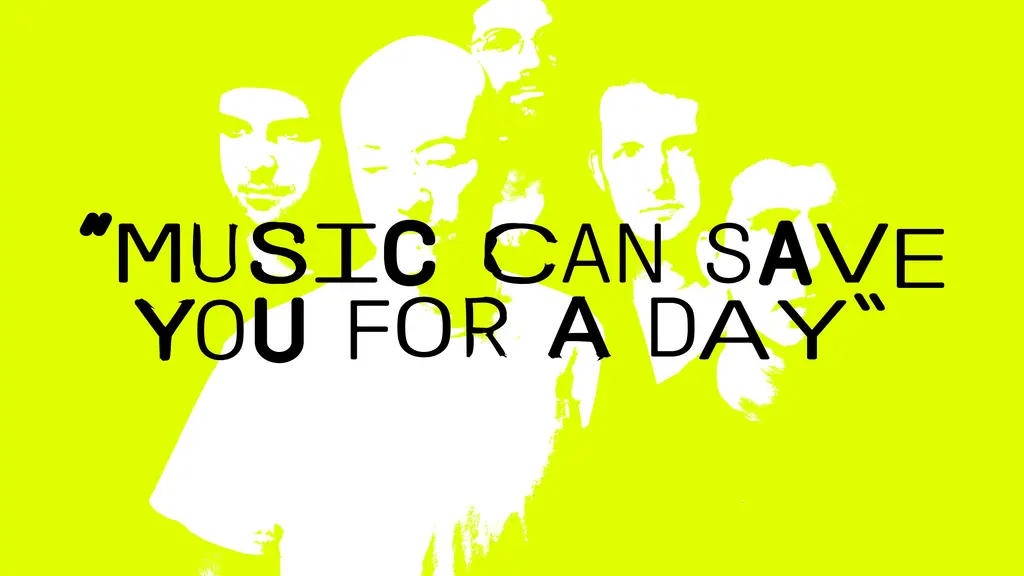What our online history can tell us about who we are
- Text by Emily Reynolds
- Illustrations by Eve Izaak

We live many lives online. That LiveJournal you set up to talk about the friend who betrayed you or the boy you sat behind in Maths; the MySpace bulletins where you learned to write about yourself, to archive endless lists of things you like and hate and want to be. There was more, too, on MySpace; over-friendly wall posts where you revealed a little too much of yourself to the world, notes where you’d write poetry or fill in questionnaires. Blocks of friends you ranked and ordered meticulously, being moved up or down in a Top Eight a scandal worthy of a juicy period drama.
We joined Facebook, revealed a little more; groups with elaborate names detailing every facet of our lives from the people we loved to the sweets we ate; photos of nights out, of ex-girlfriends, of friends we no longer speak to. We leave reviews of restaurants and books and bars, join and leave dating apps, look for sex, watch porn.
The last two are important. We have a private life online, too: things we don’t post on walls or tag ourselves in willingly, things nobody knows about. Conversations with strangers we never speak to again, conversations with people we do know, clandestine or mundane, dirty videos we watch. Embarrassing videos we watch: things that are twee or sincere or earnest or simply uncool, things we’d never admit to liking. Thousands of parts of us are scattered across the internet like sigils, a crooked map of who we were and are.
It’s strange we give so little acknowledgement to our past lives online: they tend to be anecdotal, harmless and distant, rather than something vibrant and still alive. But, as in our offline lives, isn’t it important to acknowledge who changed us and how, who we were once and how that led us to ourselves?
It’s not like it doesn’t affect how we communicate, either: I type quickly, each sentence on a new line, one idea taking six, seven messages to express. It’s a hangover from MSN and AOL Instant Messenger, where I first started communicating online; quick, sharp bullets that resembled speech or even thought, not writing as I knew it then.
One friend of mine grew up on IRC, an early messaging platform, and he’s the same: his messages are fast and frenetic and he’s always online, always responding within minutes. Talking to him is often so fast, so chaotic, that I can see myself working out the premise of the idea we’re talking about as we’re talking; exactly like thought. “It goes back and forth like ping pong with two balls,” he said of our conversations.
The problem comes when there’s a mismatch: when a friend or lover doesn’t check their phone as much as you, when sending 10 messages in a row seems strange rather than par for the course. I once dated someone who only messaged me once a day, the daily missive hundreds of words long. For him, it was more complex, less throwaway; to me, it felt more like a monologue than a conversation, and we didn’t date for long, our ways of communicating so different as to be totally incompatible.
But friends who didn’t spend their teenage years slowly increasing their level of communication to near-constant levels, who treat messaging like an epistolary back and forth rather than a chaotic stream of consciousness, have told me they’ve been overwhelmed by dates, partners or friends who reply within minutes, who don’t need space to respond, who are always on. Unused to it, they struggle to keep up – and wouldn’t want to if they could.
Remembering that we have complex online pasts might help bridge this gap. How much time we spent online over the last few years – and where we spent it – might not seem relevant or interesting on the surface. But, just like past loves, our internet history says something about who we are and how we communicate, what we want to say and how. Understanding that isn’t just a way of working out who we are – it could help us connect to each other better, too.
Follow Emily Reynolds on Twitter.
Enjoyed this article? Like Huck on Facebook or follow us on Twitter.
You might like

Have capitalists killed the internet?
At the start of the century, the internet was an escape from reality. Now, reality is an escape from the internet writes Huck Newsletter columnist Emma Garland.
Written by: Emma Garland

“Music can save you for a day”: Touché Amoré on social media and subcultures
To celebrate a new album and reflect on a decade and a half of being themselves, frontman Jeremy Bolm chats about opening up via lyrics, subcultures in the internet age, and the hardcore re-revival.
Written by: Isaac Muk

Inside the weird, shady world of click farms
Jack Latham’s new photobook, Beggar’s Honey, is an unflinching look behind the curtain of the endless stream of content that dominates our lives.
Written by: Isaac Muk

How the Apple Store union movement came to the UK
Power to the workers — Inspired by successful unionisation efforts among US employees, workers from across the pond are now gearing up to take on the tech giant.
Written by: Richard Gall

‘I’m kind of craving for someone to break my heart’
To mark the release of her new book, Annie Lord discusses the all-consuming nature of heartbreak, and turning the experience into an incisive exploration of love and loss.
Written by: Patrick Sproull

How Tinder became a weapon in the Russia-Ukraine war
Swiping in solidarity — Looking for ways to support Ukraine, people have been turning to the dating app to gather Russian intel and to spread awareness about the war. But just how effective are these tactics?
Written by: Severija Bielskyte

